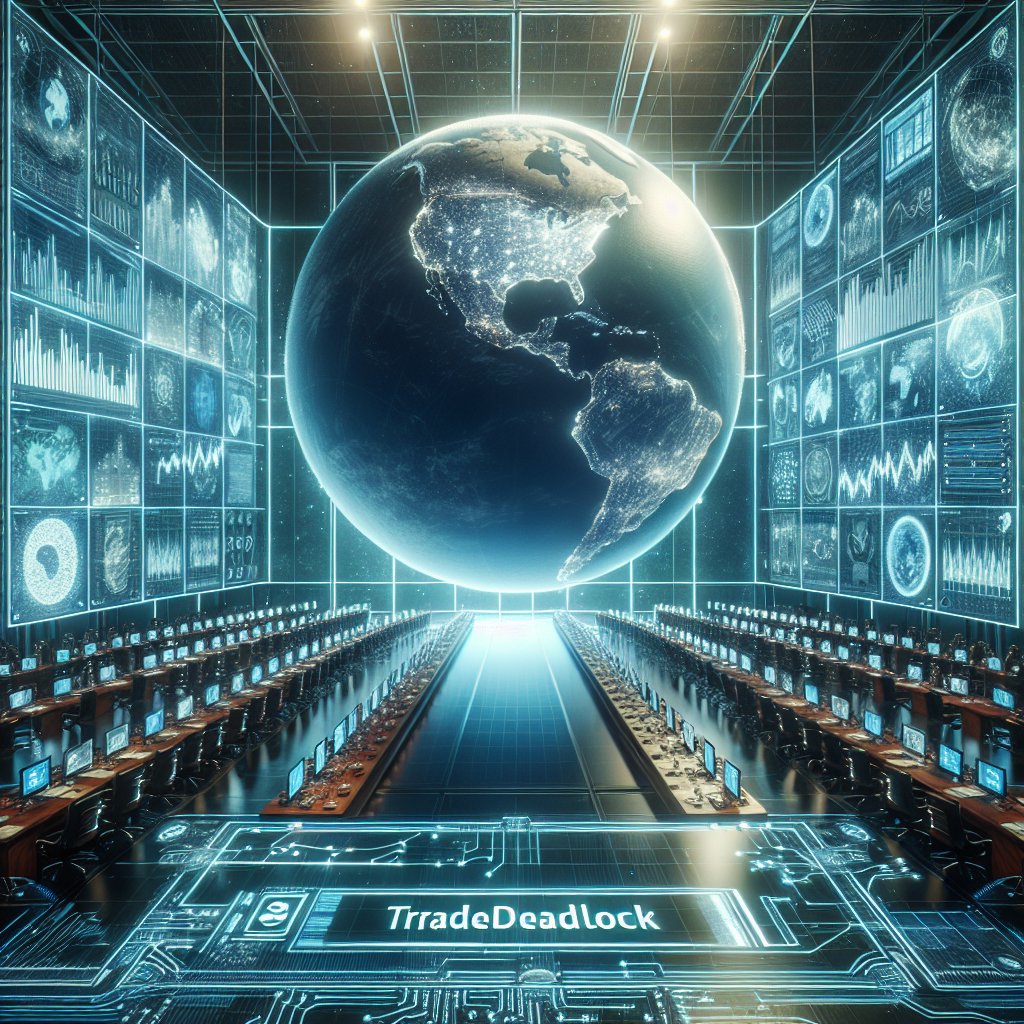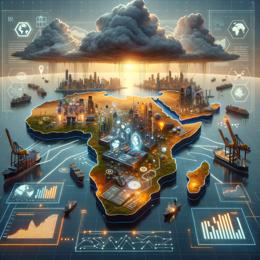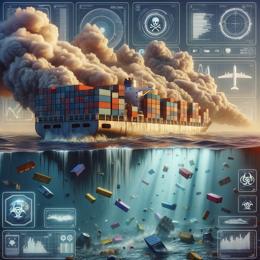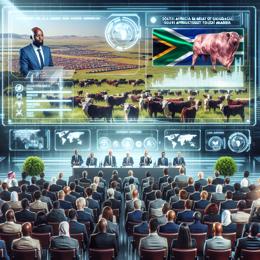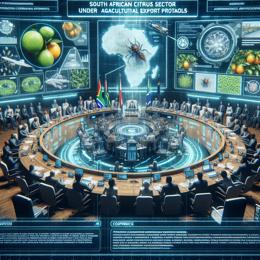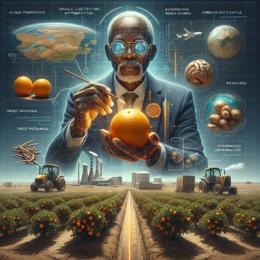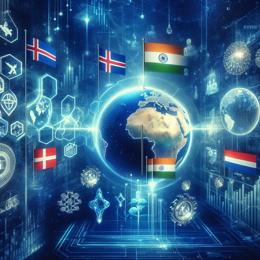Image created by AI
WTO Ministerial Conference Ends With No Resolution, Highlighting the Crisis Facing Global Trade Regulation
The World Trade Organisation's (WTO) 13th ministerial conference held in Abu Dhabi culminated in division and a palpable sense of failure, unable to bridge the gaps on significant global trading rules. As the curtains fell on the meeting, which had overrun into an unexpected fourth day, it became evident that the body, comprised of 164 member states, was at an impasse, with a shared ministerial declaration remaining elusive, expunged of substantial content that was anticipated prior to the gathering.
In the final hours, a European Union spokesperson briefed the press, expressing the difficulty of rekindling negotiations back in Geneva, given the lack of momentum generated by the ministerial assembly. She highlighted a growing concern—the shift from a rules-based system to one influenced by power politics—a shift that is poised to come at the cost of smaller and developing countries.
The allegation stands that the balance of power skewed the conference from its inception. NGOs, pivotal in conveying the impact of WTO policies on various community sectors, criticized the United Arab Emirates for imposing limitations on their participation. Accusations of isolation tactics, prohibition of literature distribution, and arbitrary detentions highlighted the authoritative shadow cast over an event ostensibly aimed at fostering transparent international cooperation.
Notably, critical talks were relegated to "green room" meetings, which restricted discourse to an exclusive group of major trade players, including the United States, United Kingdom, European Union, Canada, China, India, South Africa, and Brazil. This exclusionary approach facilitated a narrative where a few powerful countries were left to dictate the eventual (non-)outcomes, thereby sidelining the interests of less influential nations.
Among the disappointments was the continued paralysis of the WTO's appellate body, with the United States, under both Republican and Democratic angling, having hindered the appointment of new judges since 2019. This strained the dispute settlement mechanism, a cornerstone for fair trade practices. Of note, the Republican presidential hopeful Donald Trump threatens to further disrupt the institution by imposing hefty tariffs on China that run counter to WTO rules.
The powwow also hit a wall on fisheries. The six Pacific Island members of the WTO fought for curbs on subsidies driving overfishing, but their efforts were diluted by large subsidizers, including China and the US—resulting in no actionable agreement. Additionally, on the pharmaceutical front, barriers persisted against waiving patents for Covid-19 therapeutics and diagnostics, echoing the complexities of international intellectual property and health crises.
India's firm stance also drew significant attention as it fought to safeguard its food stockpiling subsidies for anti-hunger initiatives, a poignant issue framed by its upcoming national elections and sizable farmer protests. Their deadlock reveals the deep-seated challenges in reconciling domestic priorities with global trade demands.
One of the few outcomes of the conference was the extension of the moratorium on customs duties for transmitted digital content—a temporary band-aid that merely postpones a more intense confrontation until the next conference in Cameroon, 2026. This extension veils a deeper conflict concerning digital industrialization and revenue strategies for developing countries.
The resounding stall of this conference potentially serves as a catalyst for reformation. Echoing the sentiments of the EU spokesperson, this crisis may prove necessary for the WTO to confront its inadequacies head-on, with hopes for a transformed institution capable of meeting the challenges the 21st century presents.
While the journey back to Geneva looms heavily, a question lingers: can the WTO evolve to serve an equitable and just global trading environment, or will the shadows of power continue to cast a pall over future negotiations?
